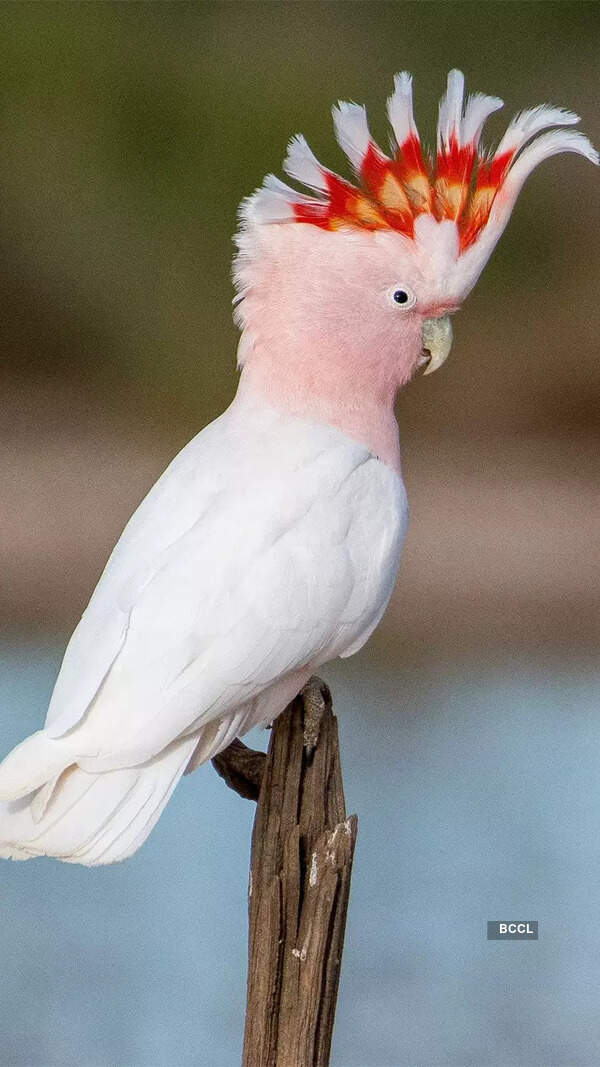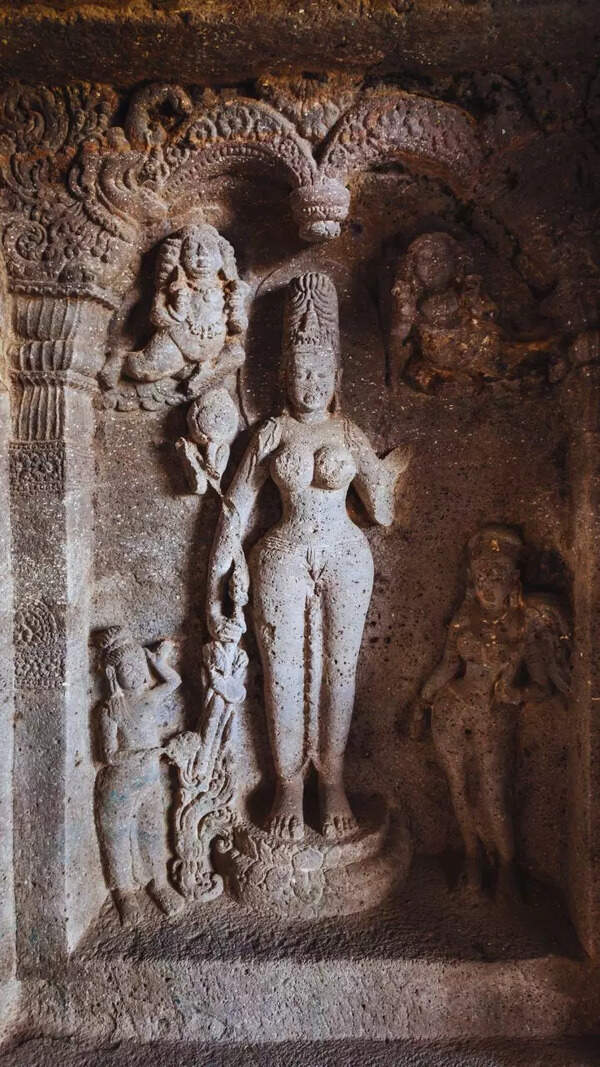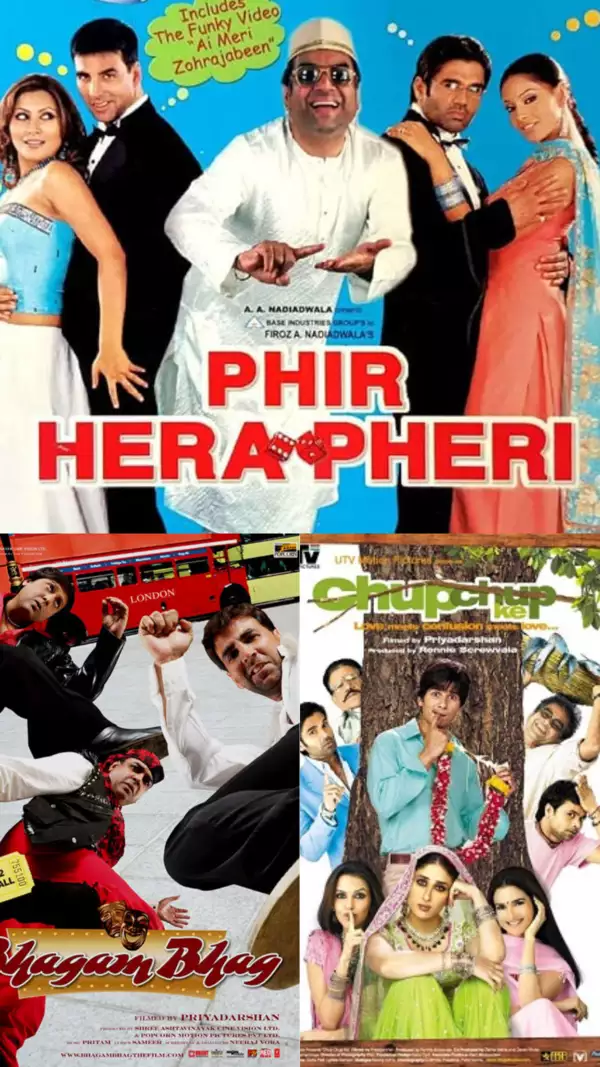- News
- India News
- Elon Musk's X sues Centre for using IT Act to 'block' content
Trending
Elon Musk's X sues Centre for using IT Act to 'block' content
Elon Musk's X filed a lawsuit against the Indian government for allegedly misusing the IT Act to block content on the platform. The case challenges the interpretation of Section 79(3)(b), claiming it leads to arbitrary censorship and violates Supreme Court rulings. X seeks clearer guidelines and a proper judicial process for content blocking.
NEW DELHI: Elon Musk-owned X filed a case against the central government on Thursday for allegedly using the IT Act to block content on the micro-blogging site. The case has been filed in the Karnataka high court.
In the plea, the X has challenged what it called unlawful content regulation and arbitrary censorship.
It raised concerns over the Centre's interpretation of the Information Technology (IT) Act, particularly its use of Section 79(3)(b), which X argues violates Supreme Court rulings and undermines free expression online, according to the news agency PTI.
The lawsuit alleged the government is using the said section to create a parallel content-blocking mechanism, bypassing the structured legal process outlined in Section 69A.
Companies often use Section 69A as a defense, arguing they should only be liable if the government explicitly orders content removal, rather than guessing what is illegal. This shifts responsibility to the government, protecting platforms from legal risks and accusations of bias while ensuring compliance with official directives.
X further claimed the government's current approach contradicts the Supreme Court's 2015 ruling in the Shreya Singhal case, which established that content can only be blocked through a proper judicial process or the legally defined route under Section 69A.
What is Section 79(3)(b) of the IT Act?
Social media companies complain about Section 79(3)(b) of the IT Act because it creates legal uncertainty, forcing them to remove content even when it's unclear if it's illegal. The social media platforms allege that the vague definition of "knowledge" of illegal content makes them fear lawsuits, leading to over-censorship and suppression of free speech. The law also places a huge burden on platforms to police billions of posts daily, which is technically challenging.
Social media platforms have also legally challenged the government's Sahyog portal, a system developed by the Indian Cyber Crime Coordination Centre (I4C) under the Ministry of Home Affairs to manage takedown requests under Section 79(3)(b) and enable direct coordination between social media companies and law enforcement agencies.
X has refused to assign an employee to the platform, arguing that it serves as a "censorship tool" that pressures companies to take down content without proper legal scrutiny. The lawsuit claims this is yet another government attempt to regulate online discourse without judicial oversight.

About the Author
TOI News DeskEnd of Article
FOLLOW US ON SOCIAL MEDIA








